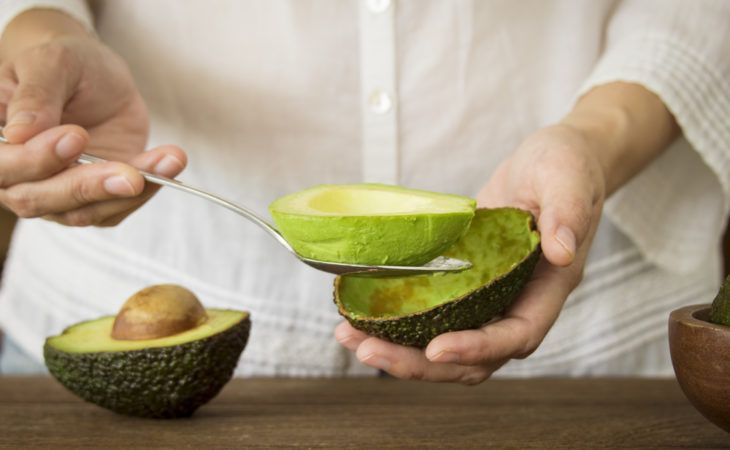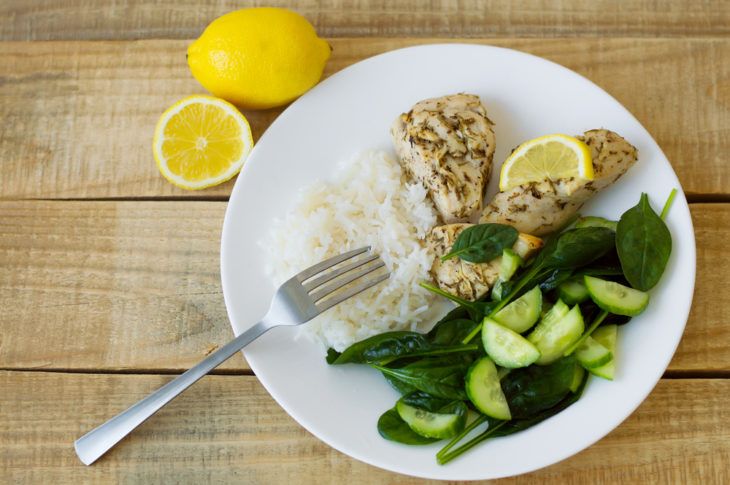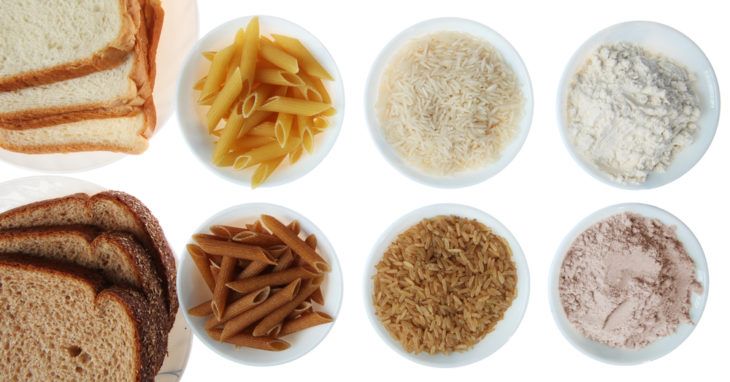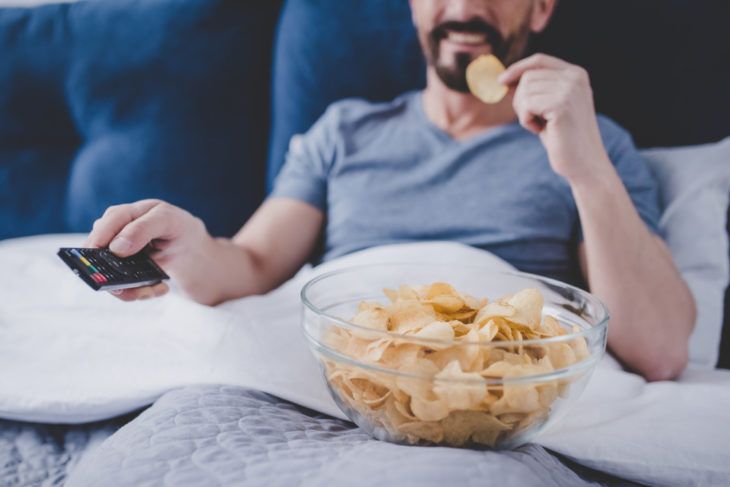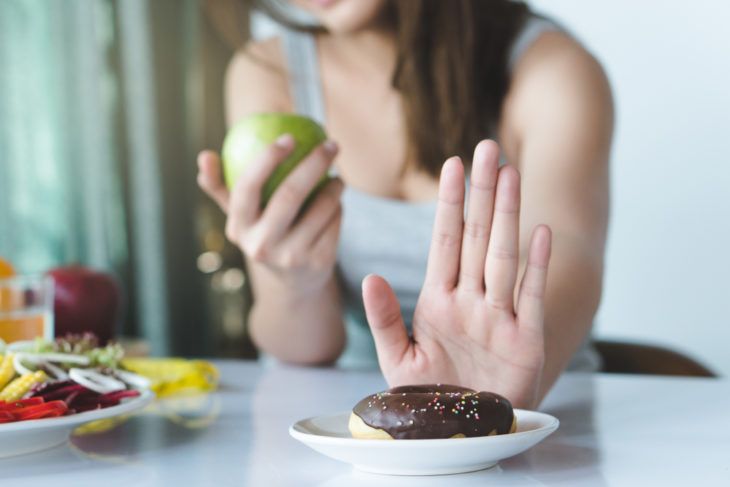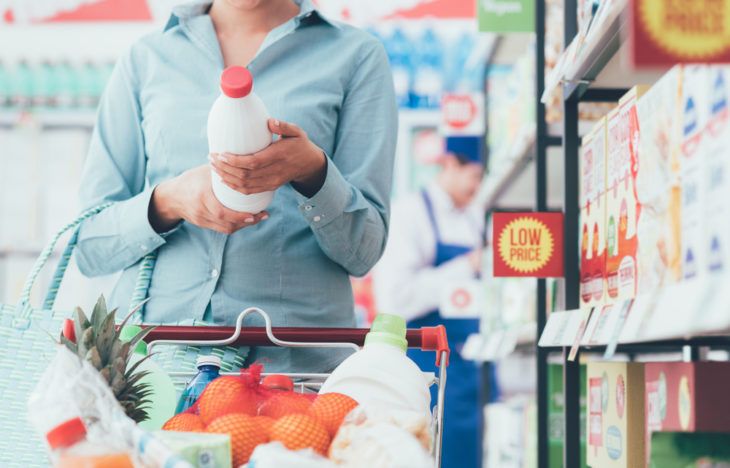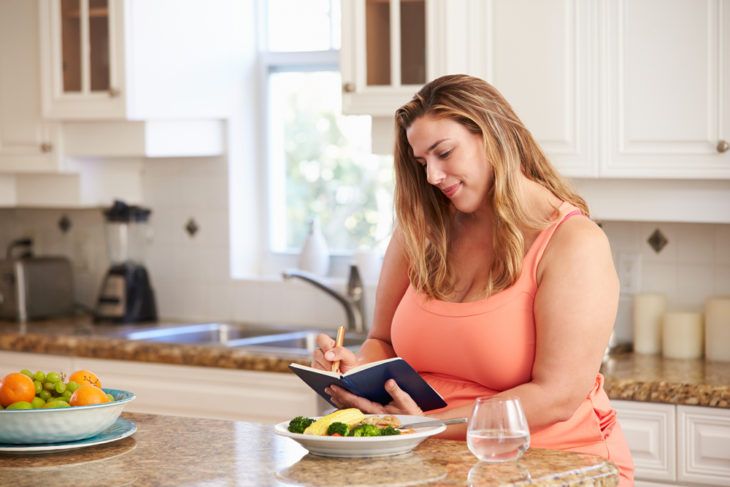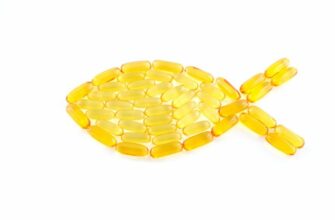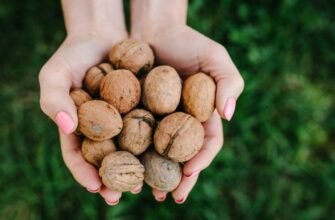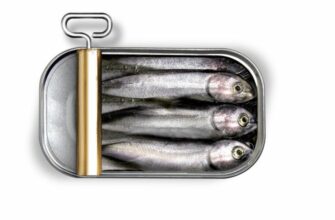There’s definitely nothing sweet about diabetes, as it can lead to a number of other health complications. However, while monitoring your blood sugar, you can reduce the impact of diabetes by making different diet choices. The key to success is to choose the right food, eat moderate amounts, and maintain consistency with regular mealtimes.
Diabetes isn’t just about limiting the types of foods you’re eating; it also means following certain routines to minimize problems. To learn more about diabetes and diet, here’s a closer look at 12 diet tips for type 2 diabetes…
Eat Breakfast
This should apply to everyone, diabetic or not, as it will help power you through the day without crashing. But it’s especially important for those with the disease.
HelpGuide.org notes starting your day off with a good breakfast – namely a high-fiber, low-sugar cereal and not the sugary stuff – will not only provide needed energy, but will also help keep your blood sugar levels steady.
Beware of Saturated Fats
The American Diabetes Association says that while carbohydrates are often the focus of diabetes diets, limiting fat intake should be higher on the priority list. But not all fats – saturated fats in particular.
The source says saturated fats found in foods like hot dogs, sausage, bacon, gravy, chocolate, butter and many more will raise your cholesterol levels. This in turn will raise your risk of heart attack and stroke, which are of particular concern for people with diabetes.
Pick Plant Proteins
Having a nice piece of lean meat occasionally isn’t a bad thing, but those with type 2 diabetes should consider getting their protein from other sources as well, notes HelpGuide.org.
It says studies have shown that too much protein – particular from animal food sources – can cause medication resistance, which is detrimental to diabetes patients. There are many great sources of plant protein to consider, such as pistachios, avocados, almonds, soy, lentils, and beans.
Balance Your Plate
This doesn’t mean you need to practice your plate-spinning skills – we mean eat various food groups together for a well-balanced meal. Reader’s Digest says loading up on too much of one thing (such as carb-rich foods) can cause a spike in blood sugar.
It suggests pairing a lean protein like boneless, skinless chicken breast with brown rice (a carbohydrate) to slow down digestion and help you feel full longer, “while having a minimal impact on blood glucose levels after the meal.” Don’t forget those veggies too.
Keep an Eating Routine
While you shouldn’t skip breakfast, the same goes for lunch and dinner, adds Reader’s Digest. You may have simply forgotten to eat because you got busy with something, but if you have diabetes you could be putting yourself in danger, it warns.
Waiting too long between meals can cause hypoglycemia in diabetics, especially if you’re taking certain medications to manage the disease, says the source. Hypoglycemia (low blood sugar) can cause confusion, clumsiness, or even fainting. In the worst cases, it can result in coma, seizures, and even death, it adds.
White Flour a Red Flag
There are so many foods made with white flour, but there are also alternatives that will be a lot friendlier to your system if you have diabetes. However, diabetic diets don’t have to be an “all or nothing” approach, and limited amounts of all-purpose flour (which is essentially white flour) are allowable, says Diabetic Connect.
Those with diabetes should closely manage their intake of white flour (found in white bread, for example) and replace it with whole grains, it adds. However, even those without diabetes should consider switching because white flour doesn’t have much nutritional value, it adds.
Eating and Exercise
Proper nutrition and exercise are important for anyone with an active lifestyle, but maybe more so for diabetics. Reader’s Digest says that monitoring your glucose levels prior to working out is especially important, because being active will lower these levels.
You might find you need a small (healthy) snack before hitting the gym or going for a run to prevent blood sugar levels that are too low, resulting in hypoglycemia symptoms we’ve already mentioned. You can also carry glucose tablets (or even sports drinks) with you while exercising in case of an emergency, it adds.
Contain Your Portions
The same source explains that even if you’re eating the right foods, there is still such a thing as overeating. Gaining weight from taking in too many calories is not ideal, as weight management is a big part in the control of diabetic complications.
Packing on more pounds can increase medication resistance, boosting your need for diabetes medications, it adds. How do you know if you’re eating too much, especially carbohydrates? Your 2-hour after-meal glucose levels should be lower than 120-mg/dL, it adds (check your levels before the meal and then 2-hours after). Speak with your medical provider to determine what your goal should be as the number can be higher based on age and circumstances, says Julie Ching, registered dietitian and certified diabetes educator.
Don’t Fall Asleep With Food
Eating a carb-rich plate of food before bedtime is not a good idea for diabetics (or anyone, for that matter). However, as LiveStrong points out, you can eat before bed and still maintain safe blood sugar levels while you sleep.
It says certain foods before bed can help maintain more constant blood sugar until breakfast. These include proteins like an egg or soy product 1 or 2-hours before hitting the sack, it explains. Even healthy fats like avocado are ideal, it adds. You can also eat carbs as long as they’re the “right” carbs – such as whole-grain breads and legumes that contain fiber, which aids in digestion and helps stabilize blood sugars.
Be Smarter About Sweets
A common misnomer about diabetes is that you can’t indulge in anything sweet, for fear of major health implications. However, that isn’t actually true. HelpGuide.org notes being a diabetic doesn’t mean you have to eliminate sugar from your diet – “you can still enjoy a small serving of your favorite dessert now and then.”
You can gradually reduce the number of sweets you’re consuming to reduce the cravings, it adds. Take your time eating the dessert – it’ll help you enjoy the flavors more, and reduce the risk of overeating. It’s also important to eat sweets with a healthy meal rather than on their own, to help prevent a sudden rise in blood sugar, says HelpGuide.
Identify Hidden Sugar Sources
You can avoid or limit the obvious sources of sugar like cookies and chocolate cake, but what about all the less obvious sources of sugar that you’re not aware of?
NaturalLivingIdeas.com has a list of 25-sources of sugar that may be a surprise to some people, especially those with diabetes who are warier of their sugar intake. Some of the items on the list include granola (which can have more sugar than a can of cola, it says), instant oatmeal, protein bars, pasta sauces, canned soups, salad dressings, coleslaw (with mayo), peanut butter, and non-black coffee drinks (like a latte), it adds.
Journal Your Food Intake
You may be too busy to remember all the foods you’ve consumed over a day, so keeping a diary can be helpful to record items as you eat. HelpGuide.org notes a recent study of those who keep a food diary lost two times more weight than those who didn’t.
“A written record helps you identify problem areas – such as your afternoon snack or your morning latte – where you’re getting more calories than you realized,” it offers.

 Home
Home Health
Health Diet & Nutrition
Diet & Nutrition Living Well
Living Well More
More

